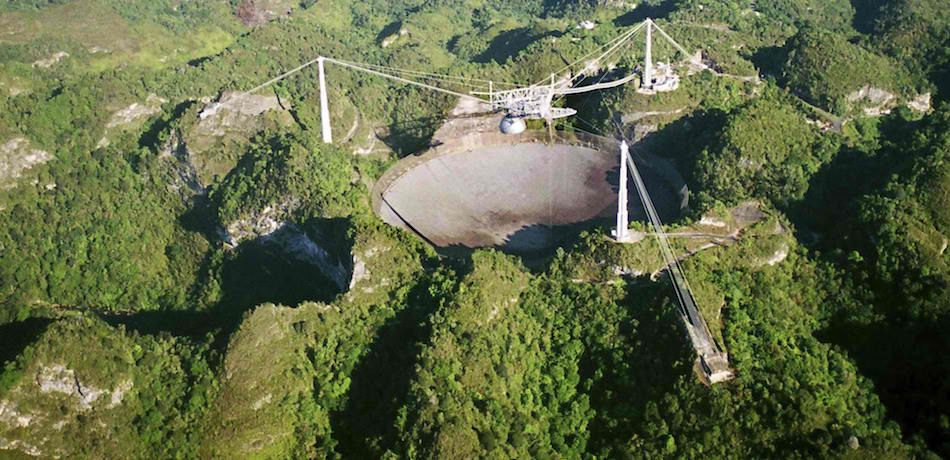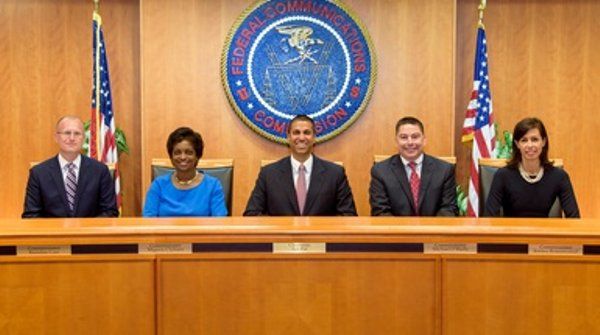Bitcoin has many characteristics of a currency. It is portable, fungible, divisible, resistant to forgery, and it clearly has value. Today, that value came close to $20,000 per coin. Whether it has ‘intrinsic value’ is somewhat of a moot question, because the US dollar hasn’t exhibited this trait since 1972. Today, economists don’t even recognize the intrinsic value of gold—beyond a robust, international, supply-demand network.
Lately, Bitcoin is failing as a viable currency, at least for everyday consumer transactions. The settlement of each transaction is bogged down with long delays and a very high cost. The situation has become critical because of squabbling between miners, users and developers over how to offer speed transactions or lower the cost of settlement. Bitcoin forks and altcoins such as Dash and Bitcoin Cash demonstrate that these technical issues have solutions. Since Bitcoin is adaptable, I believe that these issues are temporary.
 But an interesting question is not whether Bitcoin will eventually become a consumer currency. it is whether Bitcoin can distinguish itself as a store of value, rather than just an instrument for payment or debt settlement. After all, a Visa credit card, a traveler’s check and an Amazon gift card can all be used in retail payments, but none of them have value unless backed by someone or something. US Dollars on the other hand are perceived as inherently valuable. They carry the clout and gravitas of institutions and populations, without users questioning from where value arises. (This is changing, but bear with me)…
But an interesting question is not whether Bitcoin will eventually become a consumer currency. it is whether Bitcoin can distinguish itself as a store of value, rather than just an instrument for payment or debt settlement. After all, a Visa credit card, a traveler’s check and an Amazon gift card can all be used in retail payments, but none of them have value unless backed by someone or something. US Dollars on the other hand are perceived as inherently valuable. They carry the clout and gravitas of institutions and populations, without users questioning from where value arises. (This is changing, but bear with me)…
What about Bitcoin? Does owning some bitcoin represent a store of value? Yes: It absolutely does!
Continue reading “Is Bitcoin a Store of Value?” »






 But an interesting question is not whether Bitcoin will eventually become a consumer currency. it is whether Bitcoin can distinguish itself as a store of value, rather than just an instrument for payment or debt settlement. After all, a Visa credit card, a traveler’s check and an Amazon gift card can all be used in retail payments, but none of them have value unless backed by someone or something. US Dollars on the other hand are perceived as inherently valuable. They carry the clout and gravitas of institutions and populations, without users questioning from where value arises. (This is changing, but bear with me)…
But an interesting question is not whether Bitcoin will eventually become a consumer currency. it is whether Bitcoin can distinguish itself as a store of value, rather than just an instrument for payment or debt settlement. After all, a Visa credit card, a traveler’s check and an Amazon gift card can all be used in retail payments, but none of them have value unless backed by someone or something. US Dollars on the other hand are perceived as inherently valuable. They carry the clout and gravitas of institutions and populations, without users questioning from where value arises. (This is changing, but bear with me)…











